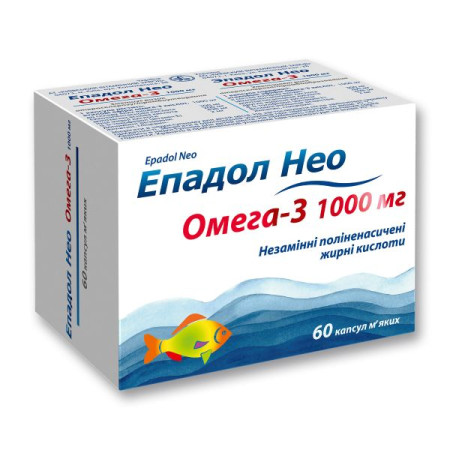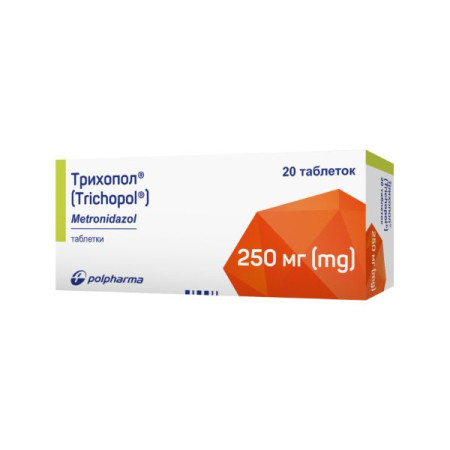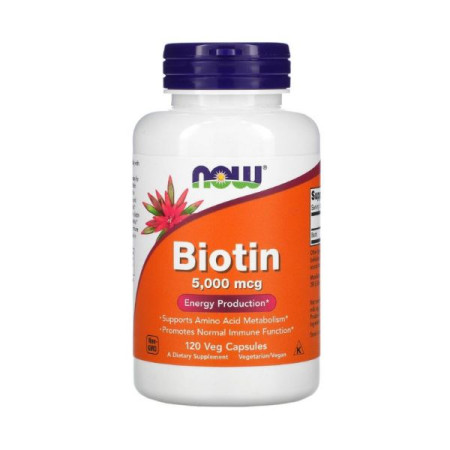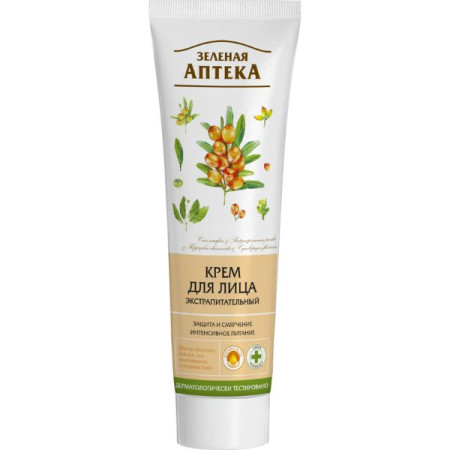Rapitus syrup 30 mg/5 ml bottle of 120 ml

Instructions for Rapitus syrup 30 mg/5 ml bottle 120 ml
Composition
active ingredient: levodropropizine;
5 ml of syrup contain levodropropizine 30 mg;
excipients: sodium saccharin, sodium methyl parahydroxybenzoate (E 219), sodium propyl parahydroxybenzoate (E 217), sodium carboxymethylcellulose; sorbitol solution, non-crystallizing (E 420); citric acid, monohydrate; ponceau 4R (E 124), orange flavor, RSV fruit mixture, propylene glycol, purified water.
Dosage form
Syrup.
Main physicochemical properties: reddish liquid with a fragrant odor.
Pharmacotherapeutic group
Antitussives, except for combination preparations containing expectorants.
ATX code R05D B27.
Pharmacological properties
Pharmacodynamics.
Levodropropizine is an antitussive agent with predominantly peripheral action, which helps reduce the frequency and intensity of cough, and has a bronchodilator effect. Unlike other antitussive agents, there is no tolerance or dependence to levodropropizine. Its effect on the central nervous system is significantly less than that of dropropizine. The effectiveness of levodropropizine is due to the inhibition of the sensitivity of the receptors of the bronchial tree. The effectiveness of the drug has been proven in clinical studies and is over 90%. Levodropropizine acts at the level of nerve receptors by inhibiting the conduction of nerve impulses along C-fibers. It inhibits the release of neuropeptides, such as substance P and others, as well as histamine, which achieves a significant bronchodilator effect.
Pharmacokinetics.
Levodroprozine is rapidly absorbed in the digestive tract, the maximum concentration in blood plasma is reached 1.5-2 hours after internal administration, the half-life is 4-5 hours.
Indication
Symptomatic treatment of dry unproductive cough in pharyngitis, laryngitis, tracheitis, tracheobronchitis, influenza, bronchial asthma, pulmonary emphysema, chronic obstructive bronchitis, allergic and infectious-inflammatory diseases of the respiratory tract, as well as lung tumors.
Contraindication
Increased individual sensitivity to levodropropizine or to other components of the drug; presence or excessive sputum production, decreased mucociliary function (Kartagener's syndrome, ciliary dyskinesia), severe liver and kidney dysfunction.
Interaction with other medicinal products and other types of interactions
When used simultaneously with sedative drugs, the depressive effect of levodropropizine on the central nervous system may be enhanced.
Application features
If the cough does not disappear within 7 days, the drug should be discontinued and the patient should be further examined.
The drug contains sorbitol, therefore it is not recommended for use in patients with fructose intolerance.
Use during pregnancy or breastfeeding
There is no data on the safety of levodropropizine during pregnancy or breastfeeding, so the drug should not be prescribed during this period.
Ability to influence reaction speed when driving vehicles or other mechanisms
Caution should be exercised when driving and operating potentially dangerous machinery, as dizziness, drowsiness, and decreased reaction speed may occur.
Method of administration and doses
The drug is intended for oral administration.
The drug should be used 1 hour before or 2 hours after meals.
Adults and children over 12 years of age should be prescribed 10 ml (equivalent to 60 mg of levodropropizine) 3 times a day with intervals of at least 6 hours.
Children aged 2 to 12 years should be given 1 mg/kg body weight 3 times a day, total daily dose – 3 mg/kg body weight. For convenience, the following approximate doses can be used:
– children weighing 10-20 kg should use 3 ml up to 3 times a day;
– children weighing 20-30 kg should use 5 ml up to 3 times a day.
The duration of treatment is determined by the doctor and should not exceed 7 days. If the symptoms do not disappear within 4-5 days, treatment should be discontinued and a doctor should be consulted.
Children
The drug is contraindicated in children under 2 years of age.
Overdose
Symptoms: tachycardia, drowsiness, impaired consciousness, nausea, vomiting or increased manifestations of other adverse reactions.
Treatment: there is no specific antidote. It is necessary to wash the stomach, prescribe sorbents and parenteral administration of plasma-replacing solutions.
Adverse reactions
On the part of the digestive tract: nausea, vomiting, dyspepsia, heartburn, feeling of discomfort in the stomach, abdominal pain, diarrhea.
From the nervous system: fatigue, asthenia, drowsiness, dizziness, headache, impaired consciousness, fainting, paresthesia.
Cardiovascular system: palpitations, tachycardia, cardiopathy.
Skin and subcutaneous tissue disorders: skin rash, itching.
In case of individual intolerance to any component of the drug, including the Ponceau 4R dye, allergic reactions are possible.
Expiration date
3 years.
Storage conditions
Store at a temperature not exceeding 25 °C.
Keep out of reach of children.
Packaging
120 ml of syrup in a bottle, 1 bottle with a measuring cap in a cardboard box.
Vacation category
According to the recipe.
Producer
MACLEODS PHARMACEUTICALS LIMITED.
Location of the manufacturer and its business address
Village Theda, PO Lodhimaira, Tehsil Baddi, District Solan, Himachal Pradesh, 174101, India.
There are no reviews for this product.
There are no reviews for this product, be the first to leave your review.
No questions about this product, be the first and ask your question.


















